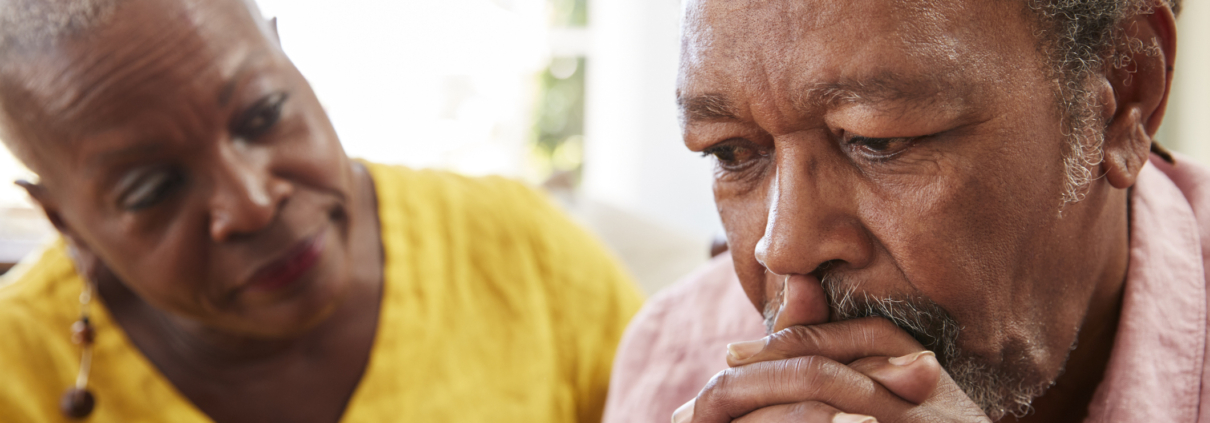4 Signs a Loved One Has Relapsed from Addiction Treatment and How to Prevent It
Recovering from addiction is a lengthy, challenging process with its fair share of ups and downs. Days of meaningful progress can be followed by a period of setbacks and missteps. Many who suffer from substance abuse disorder end up relapsing during their addiction recovery.
Falling back into a substance abuse addiction isn’t something that happens instantly – it is a gradual development that occurs over a lengthy course of time. As relapse isn’t an immediate occurrence, it is possible to avoid.
Relapse prevention requires professional addiction treatment from qualified sources and the right support from close friends and family. While proper support can entail many things, it first starts with recognizing the early signs of potential relapse so that a patient’s behavior and habits can be modified to stop such an outcome.
High Stress Levels
High stress levels are one of the more common causes of relapse. Feeling overwhelmed and stressed increases the likelihood of unhealthy behavior and mistakes from a patient.
If you have a loved one in addiction treatment, it’s vital to keep an eye on them, especially during times of significant change or major events, as they are often the catalyst for increased stress. Pay particular attention to their reaction to minor inconveniences as it can indicate how they feel. An overreaction to a simple issue can reveal that a person is stressed and feeling overwhelmed.
Reduced Socialization
Socializing can be difficult for those recovering from addiction, particularly after leaving a treatment facility. However, it’s a worrying sign if your loved one is not making any effort to socialize or is actively avoiding doing so as it could lead to relapse.
Reduced socialization can isolate patients from their support system and actively harm their recovery. Your loved one will need the support of their closest friends and family as they make their recovery.
Bad Habits and Behavior
Much of the addiction treatment process is about transitioning to a healthier lifestyle and eliminating behavior that encourages substance use. A clear sign that a person is in danger of relapsing is if they begin to revert to their previous bad habits that led to their addiction in the first place.
Detrimental decision-making like casual substance use or hanging out with social groups who are bad influences clearly shows that your loved one is struggling with recovery and may be relapsing.
Decreased Enthusiasm
Leaving a rehab treatment center and reintegrating into society can be exciting for those recovering from addiction. Most patients are enthusiastic during this period and fully committed to continuing to attend their support sessions and practicing the good habits they’ve learned.
If you see that your loved one’s enthusiasm is starting to wane and their commitment to their recovery is not as strong as it once was, it’s crucial to note it as they could be at risk of a relapse. Your loved one must maintain the good behavior and habits that have allowed them to progress in their addiction recovery to decrease the likelihood of a relapse.
Addiction is always present, and recovery is a long battle that continues even after leaving a drug addiction treatment facility. Twin Town Treatment Centers recognizes this, which is why we offer resources for relapse prevention and perform 9 to 12-month post-discharge follow-ups on patients who have attended any of our five drug addiction treatment centers throughout Orange County and the Los Angeles metropolitan area. Along with our aftercare, we also offer personalized support to our patients through individualized intensive outpatient treatment (IOP) programs and drug addiction treatments. Get in touch today by calling us at (866) 594-8844 or filling out our online form to get started. Our team of drug addiction treatment professionals will provide you with a no-cost interview and assessment for alcohol and drug issues.


